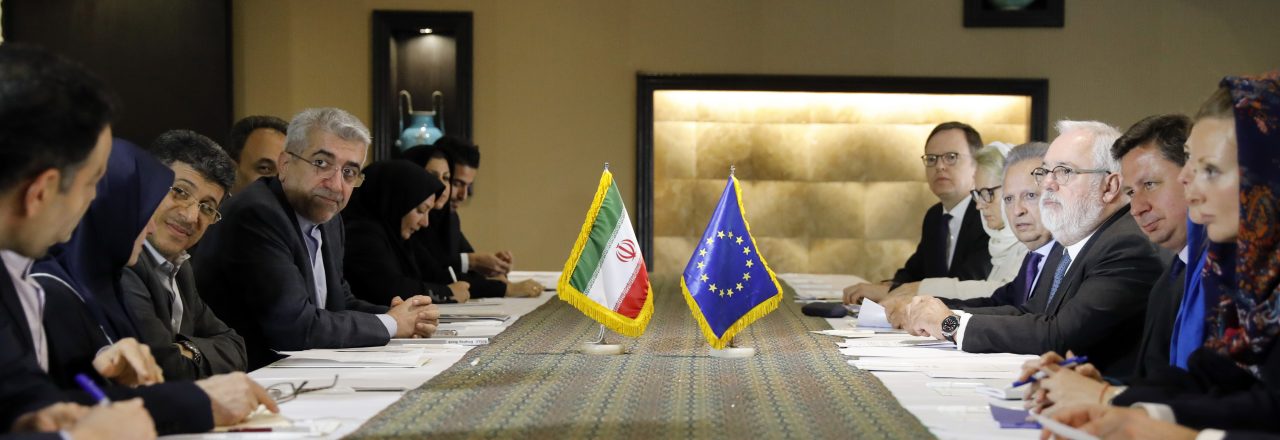
JCPOA members make efforts to save the Iran nuclear deal
The remaining parties to the Iran nuclear deal met in Vienna on 26 February for the 15th Joint Commission of Joint Comprehensive Plan of Action (JCPOA). The meeting was chaired by EEAS Secretary General Helga-Maria Schmid, with the participation of high-ranking officials from China, France, Germany, Russia, the United Kingdom and Iran. This is their first summit since the Foreign Ministers of France, Germany and the United Kingdom requested the implementation of the dispute resolution mechanism foreseen in the JCPOA back in January, after Iran announced it would reduce its nuclear deal commitments. This was in fact the main point on the agenda, together with the consequences of the 2018 US withdrawal from the deal and the subsequent re-imposition of economic sanctions on Iran. Even though the Joint Commission did not trigger the dispute resolution mechanism, all participants reaffirmed the importance of preserving the agreement and Iran’s Deputy Foreign Minister Abbas Araqchi declared that “we are still open to any initiative, which can ensure Iran’s [benefits] of the JCPOA and we are fully prepared to reverse the steps we have taken so far in return for the fulfilment of the other sides’ commitments in the JCPOA”. The Commission gave particular focus to the Instrument in Support of Trade Exchanges (INSTEX), a non-USD direct payment channel that aims at facilitating legitimate trade with Iran. In a statement issued after the meeting, Schmid highlighted the participant’s willingness to further strengthen the mechanism and added that there have been “positive developments in the processing of first transactions by INSTEX”. Meanwhile, US sanctions on Iran have almost completely isolated the country from the international financial system, and pushed it into a severe recession.
- The Euromed news are edited by the team of the Euro-Mediterranean Policies Department of the European Institute of the Mediterranean -


